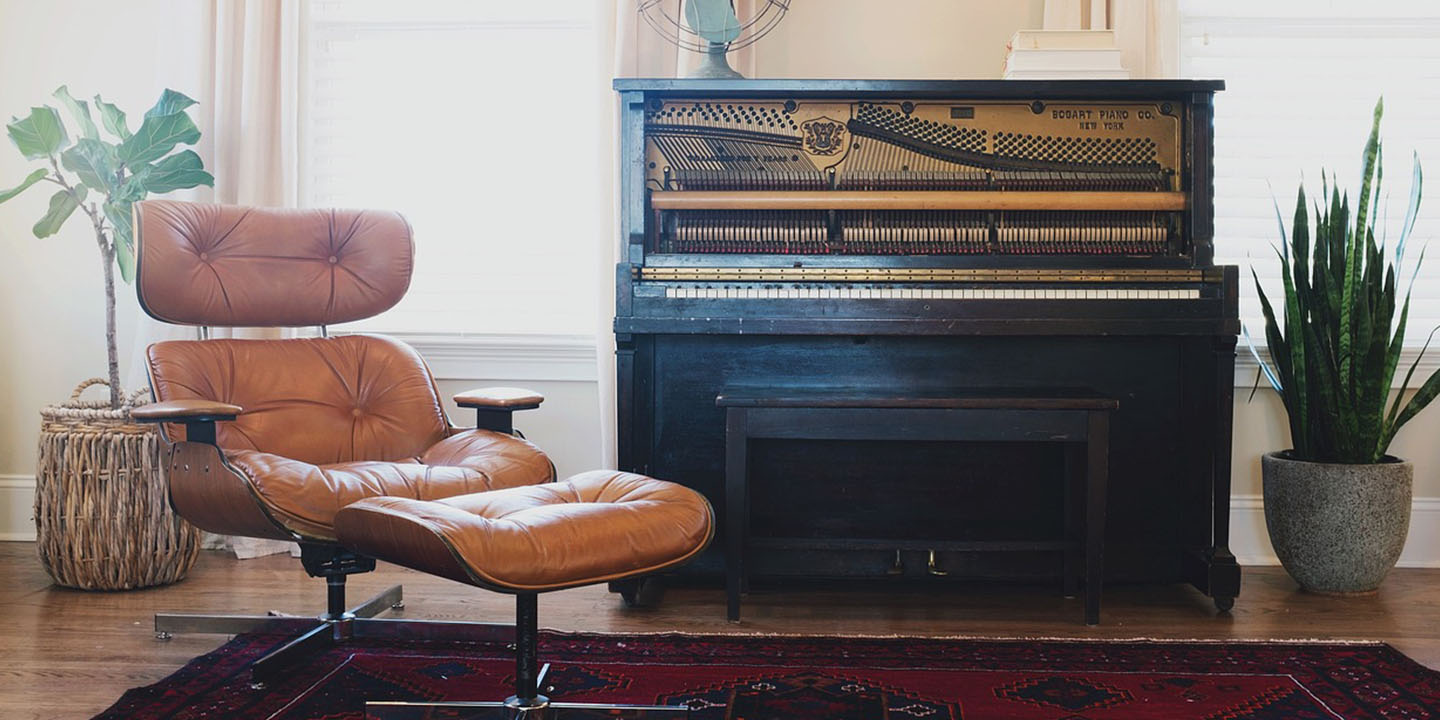Is Your Home Sending The Wrong Message?
Your place might be clean and perfectly located, yet no one ever wants to come over. Sometimes, the reason people avoid it has less to do with you and more with the atmosphere you’ve unknowingly created. If that’s the case, it’s time to know the 10 subtle missteps that may be quietly sabotaging your social scene—and 10 ways to make your home more inviting.
1. It Smells The Second They Walk In
Unpleasant odors are hard to ignore. Lingering smells from pets, damp laundry, or last night’s cooking can instantly turn people off. If guests catch a whiff of something funky, they will hardly want to come again.
2. Seating Is Awkward Or Insufficient
If someone has to stand awkwardly or settle for a lumpy beanbag in the corner, they won’t feel welcome. Cramped arrangements or mismatched chairs create tension. Social gatherings thrive when people can sit comfortably without crowding each other.
3. The Lighting Is Either Too Harsh Or Way Too Dim
Overhead lights that cast unflattering shadows make the space feel sterile. Additionally, dimly lit rooms can feel sleepy or even a little gloomy. Without warm, balanced lighting, your space may appear harsh and shady.
4. It’s Way Too Hot Or Too Cold
Guests will feel the temperature the moment they arrive. A stifling room can make people drowsy, while a freezing one makes them want to bundle up. Even if you’ve adapted to it, visitors probably haven’t, and discomfort sets in quickly.
 Photo By: Kaboompics.com on Pexels
Photo By: Kaboompics.com on Pexels
5. You Never Have Enough Snacks Or Drinks
An empty fridge sends a clear message: this isn’t a place where people gather. Even basic offerings like ample chips or soda go a long way in making guests feel welcome. Without these offerings, the hangout feels incomplete and oddly formal.
6. The Place Feels Cluttered Or Overcrowded
Too much personal stuff or showpieces can make it hard for people to relax. Stacks of laundry or expensive items on every surface create chaos. When there’s no clear space to move around freely, guests feel like they’re intruding rather than hanging out.
7. There’s No Entertainment Or Shared Activity Available
Without something to do—whether it's music, a game, or even just a background show—guests may feel awkward. The silence stretches too long, and small talk fizzles quickly. If the atmosphere relies entirely on conversation with no distractions, most people can lose interest fast.
8. It’s Always Loud For The Wrong Reasons
Traffic noise or constant notifications while the music is on? This can make it hard to unwind. People notice when they have to raise their voices just to interact. A space that never settles into a calm rhythm feels more like a transit hub.
9. The Bathroom Situation Is Uncomfortable
A grimy bathroom, a lack of toilet paper, or even bad lighting in the mirror leaves a bad impression. When private needs become awkward, the desire to leave creeps in. And guests who feel uneasy using the restroom won't accept the next invitation.
10. You’re Glued To Your Phone Or Distracted
If the host is constantly texting, scrolling, or checking emails, guests quickly feel like an afterthought. Being physically present isn’t enough if your attention is somewhere else. Social energy fades fast when the host seems uninterested or disengaged from the moment.
If any of those reasons felt uncomfortably familiar, you're not alone. The good news is that a few thoughtful changes can completely shift how people experience your space. Here’s how to turn things around and make your place somewhere guests genuinely want to be.
1. Open Windows Regularly And Air Things Out
Stale air clings to fabric, walls, and rugs. Cracking the windows, especially after cooking or cleaning, can refresh the entire space. Even just 10 minutes of airflow each day helps neutralize odors and gives your home that clean, breathable feel.
2. Create A Flexible Seating Layout
Rearrange the furniture so guests aren’t trapped in stiff rows or isolated corners. Group chairs in a way that encourages conversation and comfort. Adding a small ottoman, pouf, or floor pillow gives people more options without cluttering the room.
3. Add Lamps Or Adjustable Lights For Warmth
A few soft-glow lamps or wall lights can completely change the ambiance of your space. Skip harsh overhead bulbs in favor of lighting that creates a relaxed mood. Consider placing lights in corners or behind furniture to eliminate shadows.
 Nicholas Derio Palacios on Pexels
Nicholas Derio Palacios on Pexels
4. Keep The Temperature Consistently Comfortable
Use fans, curtains, or maybe draft stoppers to manage your climate. Keep things steady throughout the day—sudden shifts from icy to stuffy are noticeable. If you live in a temperature-prone area, keeping a lightweight throw blanket nearby is also a good idea.
5. Have Enough Tailored Food And Drinks
You don’t need to throw a dinner party. Just ask your guests what they’d like, and stock enough of those items. Even basics like fruit and chips can go a long way. People relax faster when they’re not wondering if it’s rude to ask for another round of refreshments.
6. Clear Off Surfaces And Tidy Up High-Traffic Areas
A clutter-free environment makes guests feel at ease the moment they arrive. Focus on visible spots: coffee tables, counters, and entryways. Even if the space is small, keep all those flat surfaces accessible. It gives the impression of order and care.
7. Offer Something To Do Without Forcing It
Casual entertainment helps guests feel less pressured to fill every silence. Keep a deck of cards, board games, or a USB/Bluetooth connection within reach. Having low-key options available signals that your space is designed for easygoing connection, not forced chatter.
8. Reduce Background Noise Where You Can
Use rugs and door stoppers to absorb echo or outdoor noise. If your place backs up to a busy street, a fan or white noise machine can help balance the sound. A quieter atmosphere makes it easier to focus on the conversation.
9. Keep The Bathroom Stocked And Guest-Friendly
Ensure that there’s extra hand soap and a clean towel available at all times. Use a light air freshener, wipe down the surfaces to make them shine, and maybe place a few potted plants. People will feel a lot more comfortable if you go beyond the basics.
10. Be Present And Engaged When Guests Arrive
Make eye contact and greet everyone at the door with a smile and a genuine expression of gratitude. Offering your attention sets the tone for the visit. When guests feel truly welcomed, your space becomes secondary—they’ll want to come back for the hospitable experience.


























